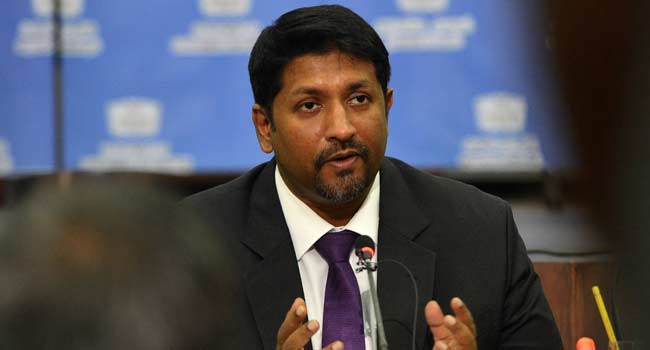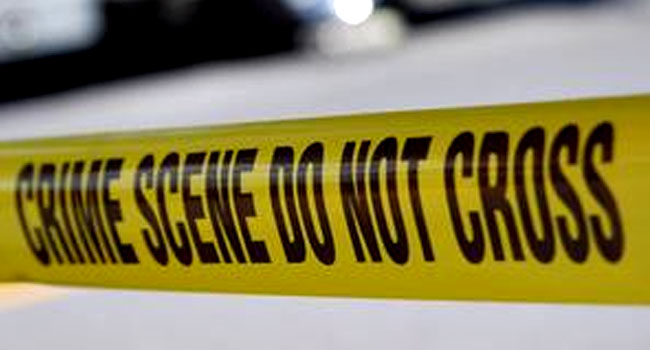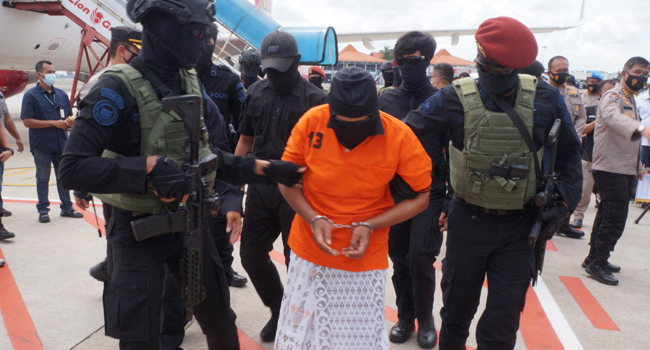
Sri Lanka’s government on Wednesday acknowledged “major” lapses over its failure to prevent the horrific Easter attacks that killed more than 350 people, despite prior intelligence warnings.
Recriminations have flown since Islamist suicide bombers blew themselves up in packed churches and luxury hotels on Sunday, in attacks claimed by the Islamic State group.
Overnight, security forces using newly granted powers under the country’s state of emergency arrested 18 more suspects in connection with the attack, as the toll rose to 359.
Police have so far arrested 58 people, all Sri Lankans, and security remains heavy, with bomb squads carrying out several controlled explosions of suspect packages on Wednesday.
READ ALSO: Blast Kills 12 In Syria
But the government faces anger over revelations that specific warnings about an attack went ignored.
Sri Lanka’s police chief issued a warning on April 11 that suicide bombings against “prominent churches” by the local Islamist group National Thowheeth Jama’ath (NTJ) were possible, citing information from a foreign intelligence agency.
CNN reported that Indian intelligence services had passed on “unusually specific” information in the weeks before the attacks, some of it from an IS suspect in their custody.
But that information was not shared with the prime minister or other top ministers, the government says.
“It was a major lapse in the sharing of information,” deputy defence minister Ruwan Wijewardene conceded at a press conference on Wednesday.
AFP



